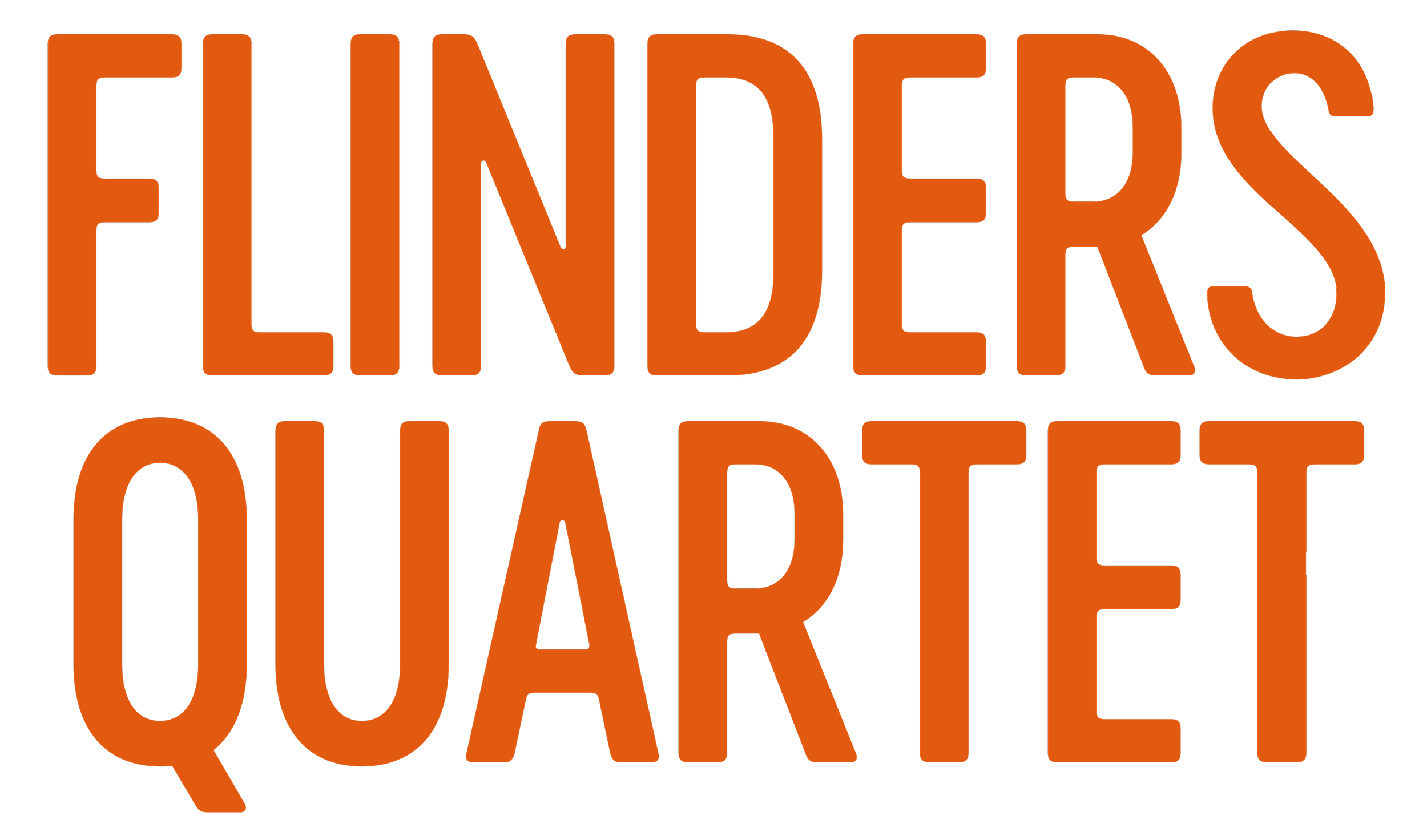An interview with Richard Piper
We sat down with actor and dramaturge, Richard Piper, who is the co-creator and narrator for our upcoming concerts of a selection of Shostakovich’s string quartets. Richard talked to us about his love of Shostakovich’s music and the journey he’s been on to discover more about Shostakovich’s life under Stalin’s regime.
How did you meet Flinders Quartet?
I had been working with the composer and musical director Iain Grandage on a production of Kate Grenville’s Secret River, which was adapted for the stage. We worked together and had a great time together. We got on very well and we’d known each other for a few years.
Out of the blue he said there were a couple of other projects he’d like me to be involved with, as a director and working with narration. So in 2018, I was involved with a production where Iain had adapted Mendelssohn’s Overture for a Midsummer Night’s Dream, which was performed by Flinders Quartet. The production used a spoken word component, which the violist Christopher Moore did, as Puck. I was very excited by the concept of a violist playing Puck and had a fantastic time with that project. It was all due to Zoe Knighton really, who is such a force and I found myself having a wonderful time, helping Christopher with the language. It was my first taste of directing something and I loved working with musicians. I find it incredibly inspiring being in a room with a string quartet.
What is your role in the upcoming concerts of music by Shostakovich?
My role as narrator has been to accumulate an enormous amount of information and then decide which parts of that will be used for the narration. There’s a spoken word component which is threaded through the concert. It’s been an enormous endeavour to learn about such a complex life – both Shostakovich’s personal life and his relationship with politics in Russia at the time; but it’s been a hugely enjoyable task and one through which I’ve learnt an awful lot about Shostakovich. He was put in a position where he had to support the regime against art in general. However, in the predicament he was in, the question is whether we would do the same in order to survive and possibly not be executed; and certainly to survive artistically and to continue surviving in a family situation.
He was a great torch for Russian music, which was then used by the regime for its own benefit to say: this is our great Russian composer. It was an extraordinary life.
What drew you to this project?
What drew me to the project was my love of the Flinders Quartet and my admiration for their work. When Zoe Knighton said, “We’re thinking of doing something on the Shostakovich string quartets,” I said “What?! What will I do?”
I work predominantly as an actor, so this has taken me into a whole different world. I ventured into the world of this music and at the end of it thought, “Well, a year ago I didn’t know anything about Shostakovich and now I know a lot!” You certainly find yourself unwittingly becoming emotionally involved in the composer.
What do you like about Shostakovich’s music?
I’ve always been attracted to it. I come from a different background – my father was obsessed with jazz and I came from a pop, rock and rhythm and blues background. Shostakovich was a composer who I suddenly went, “Oh what?!” I got dragged and punched around by what was going on. I found it extraordinarily exciting music, but I didn’t know anything about him. I just knew that there was a grandeur and a sense of experimentation; a sense of beauty in composition and darkness and light that I think more than anything else, that time in music really attracted me.
What do you think audiences will get out of this experience?
I hope that the audience will be taken on an emotional journey, not just through the music but through the spoken word. I want the audience to have a feeling of the intimacy of a string quartet; that there’s an intimate relationship between the audience and the quartet.
Richard is currently appearing in Come From Away at Comedy Theatre Melbourne (season runs until late October 2019)

